In the landscape of modern healthcare, technology has emerged not just as a tool but as a transformative force, reshaping how medical professionals diagnose, treat, and care for patients. From Artificial Intelligence (AI), to robotics and machine learning , the integration of advanced technologies into MedTech is revolutionising every aspect of the healthcare industry. These technologies are profoundly impacting medical practices and significantly enhanced patient outcomes as enablers.
Artificial Intelligence stands at the forefront of innovation in MedTech, offering unprecedented capabilities in data analysis, pattern recognition, and decision-making. AI algorithms can sift through vast amounts of medical data with speed and accuracy, assisting healthcare providers in diagnosing diseases earlier and with greater precision than ever before.
One of the most significant applications of AI in healthcare is in medical imaging. Machine learning algorithms can analyse radiological images, such as MRIs and CT scans, to detect subtle abnormalities that might be missed by human eyes. This not only enhances diagnostic accuracy but also expedites treatment planning, leading to improved patient outcomes and reduced healthcare costs.
Moreover, AI-powered predictive analytics are transforming patient care by forecasting disease progression and identifying individuals at higher risk of developing certain conditions. By leveraging patient data such as genetic information, lifestyle factors, and medical history, AI can personalise treatment plans, optimise medication dosages, and even predict potential adverse events, thereby enabling proactive interventions and personalised medicine.
In the realm of surgical interventions, robotics has ushered in a new era of precision and minimally invasive procedures. Robotic surgical systems, equipped with advanced sensors and robotic arms, allow surgeons to perform complex operations with enhanced accuracy and control.
The benefits of robotic surgery extend beyond precision. They enable surgeons to access hard-to-reach anatomical locations with greater ease, perform intricate manoeuvres with steadiness, and visualise the surgical field in high definition. As a result, patients undergoing robotic-assisted procedures often experience reduced pain, shorter hospital stays, and quicker return to normal activities compared to traditional open surgeries.
Furthermore, advancements in surgical robotics are expanding the scope of what is feasible in healthcare. From neurosurgery to cardiac interventions, robotic systems are pushing the boundaries of surgical innovation, offering new hope to patients facing complex medical conditions.
Machine learning, a subset of AI, plays a pivotal role in delivering personalised care and predictive insights in healthcare settings. By analysing real-time patient data, machine learning algorithms can identify trends, detect anomalies, and predict outcomes with a level of accuracy that enhances clinical decision-making.
For instance, in intensive care units (ICUs), machine learning algorithms can continuously monitor vital signs, laboratory results, and other clinical parameters to alert healthcare providers to potential deterioration in a patient’s condition. This early warning system enables timely interventions, reduces the incidence of adverse events, and improves overall patient safety.
In addition to real-time monitoring, machine learning contributes to the field of by tailoring treatment strategies to individual patient profiles. By considering genetic factors, biomarkers, and response to previous therapies, machine learning models can optimise treatment plans, minimise side effects, and improve therapeutic outcomes.
While AI, robotics, and machine learning dominate discussions in MedTech, several other technologies are also shaping the future of healthcare. For example, wearable devices and remote monitoring technologies enable continuous health monitoring outside traditional clinical settings, empowering patients to actively manage their health and enabling healthcare providers to deliver timely interventions based on real-time data.
Furthermore, (VR) and augmented reality (AR) are revolutionising medical education and training by providing immersive simulations of surgical procedures, anatomical structures, and complex medical scenarios. These technologies enhance learning outcomes, improve surgical proficiency, and ensure healthcare professionals are well-prepared to handle challenging clinical situations.
Despite the transformative potential of technology in MedTech , several challenges must be addressed to fully harness its benefits. Data privacy and security concerns, regulatory complexities, interoperability of systems, and ethical implications surrounding the use of AI and robotics in patient care are paramount. It is essential to establish robust frameworks that prioritise patient safety, confidentiality, and equitable access to technological advancements.
Moreover, there is a need for ongoing collaboration between healthcare providers, technology developers, policymakers, and regulatory bodies to navigate these challenges effectively and ensure that innovations in MedTech translate into tangible improvements in patient outcomes and healthcare delivery.
In conclusion, the integration of advanced technologies such as AI, robotics, machine learning, and other emerging innovations is transforming the landscape of MedTech. These technologies are not merely tools but enablers of progress, driving innovations that enhance diagnostic accuracy, enable personalised treatment strategies, and improve surgical outcomes. As we continue to explore the possibilities of technology in healthcare, the future holds promise for a more efficient, effective, and patient-centred approach to medical practice.
By embracing technological advancements responsibly and collaboratively, we can navigate challenges, seize opportunities, and ultimately shape a future where technology empowers healthcare professionals, enhances patient care, and improves health outcomes for individuals around the globe.


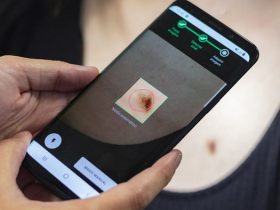
















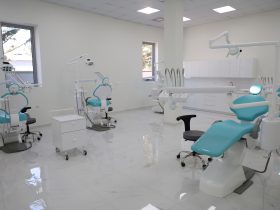
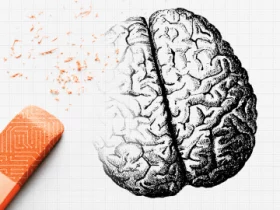

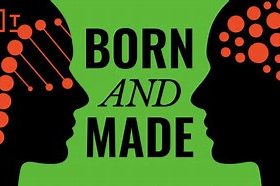

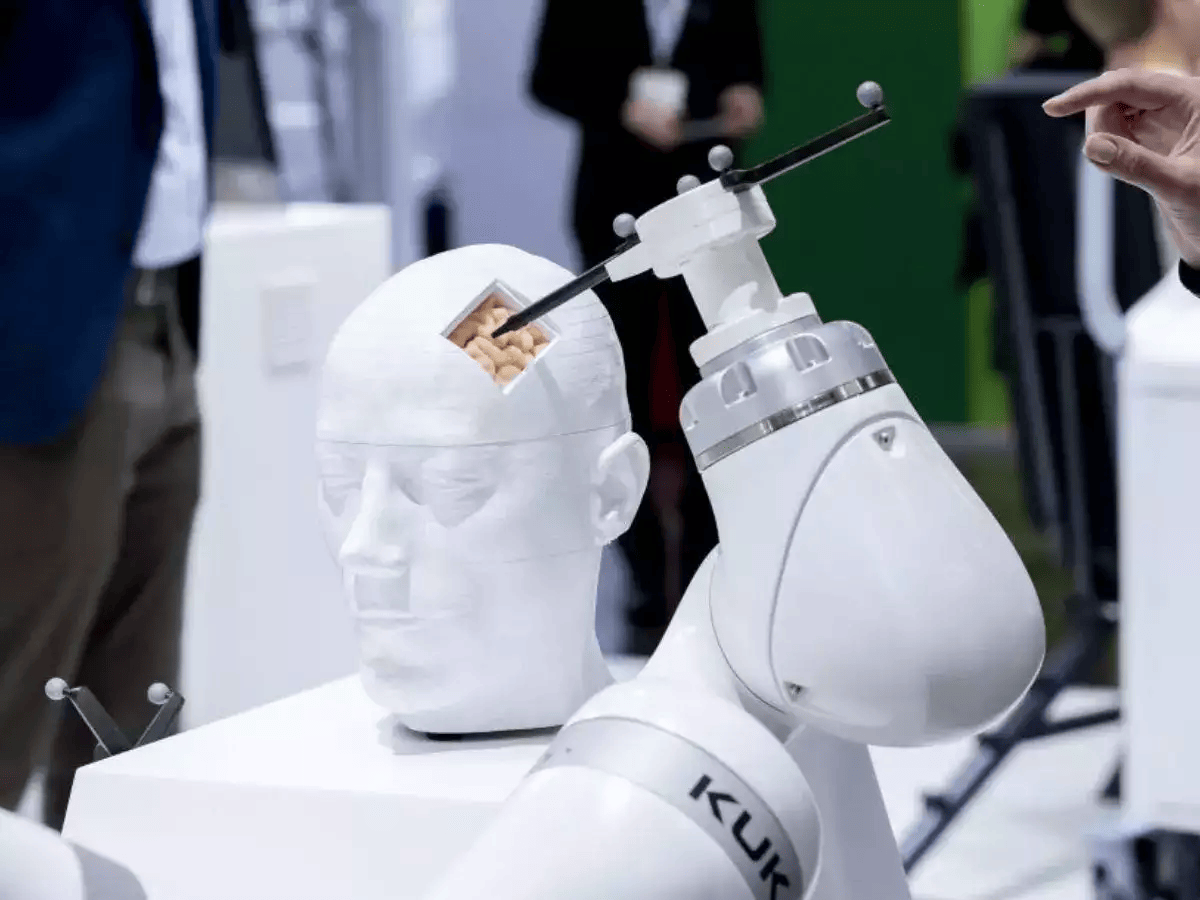





Leave a Reply